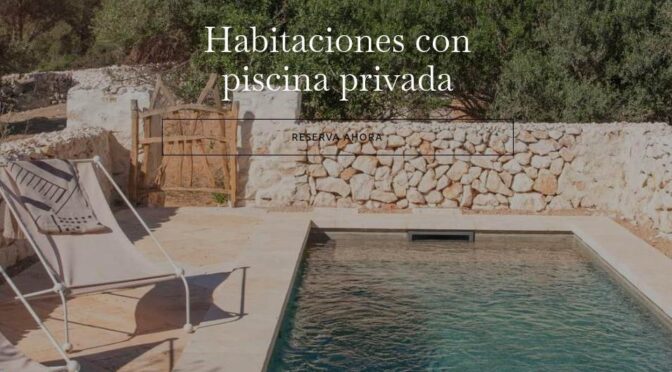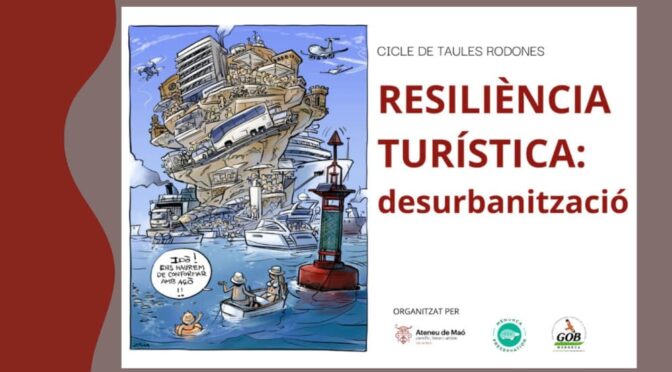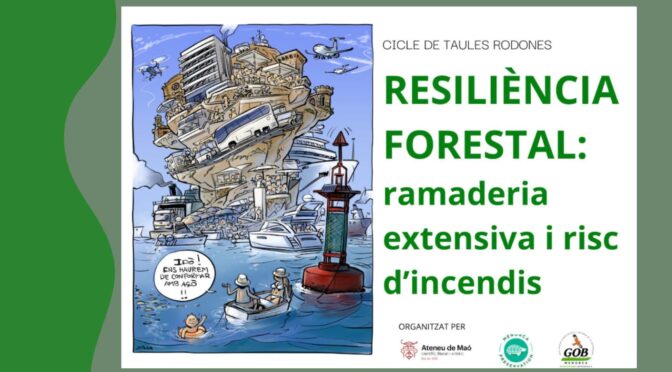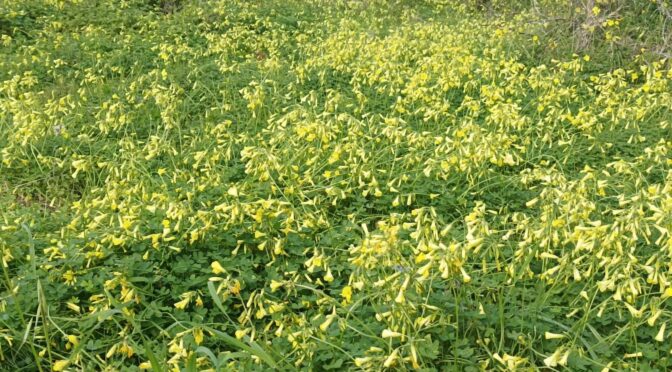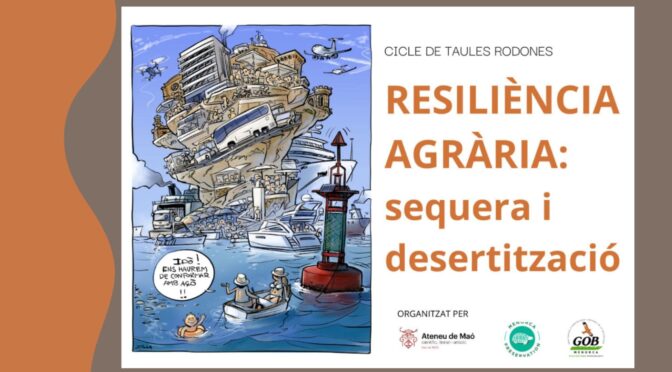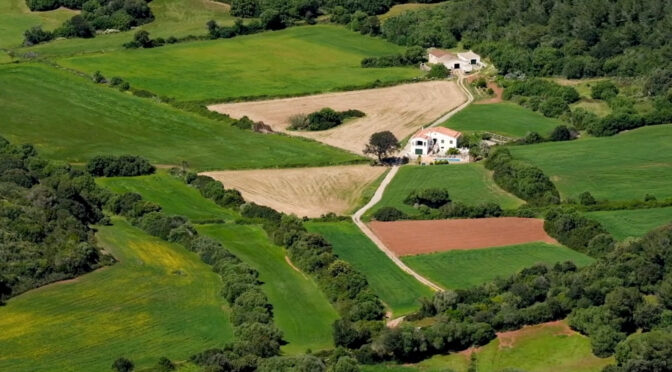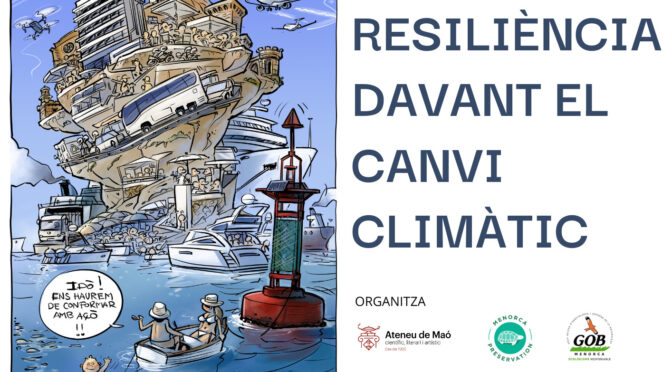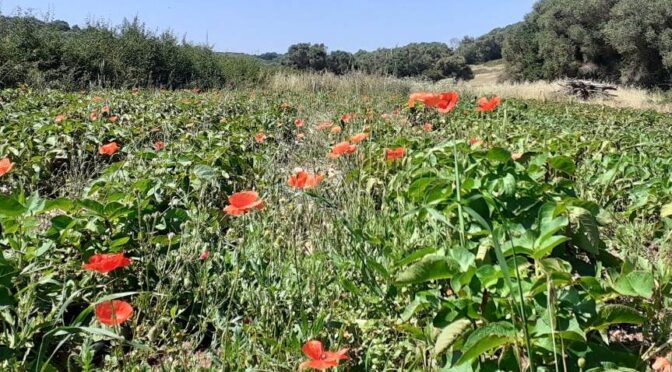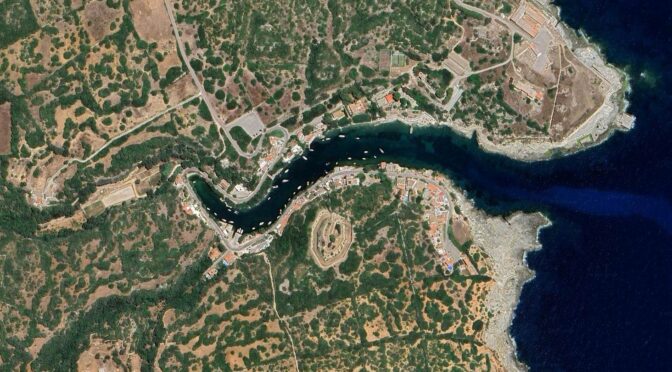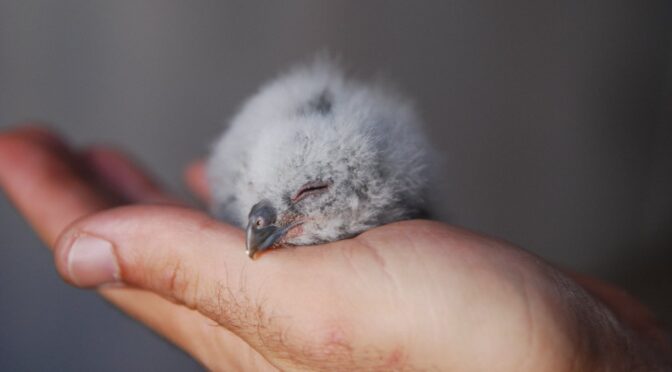Views: 1094
The two known cases of illegal swimming pools in Menorca’s agritourism establishments share a common link: the same environmental consultancy. Now, the Consell Insular has entrusted this firm with drafting the environmental section of the revision of the Island Territorial Plan (PTI). GOB Menorca considers this a major credibility crisis.
Continue reading The consultant behind illegal swimming pools is drafting Menorca’s Territorial Plan

